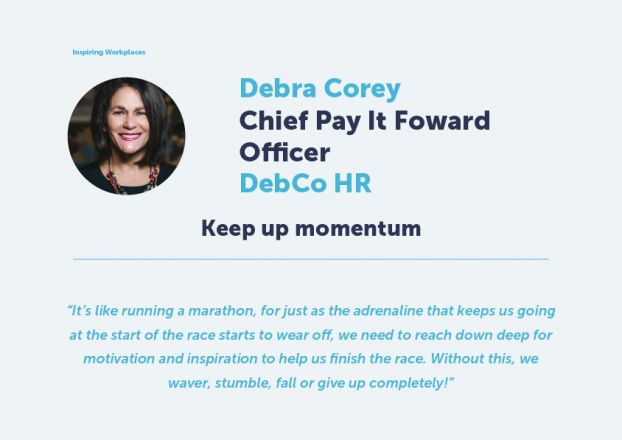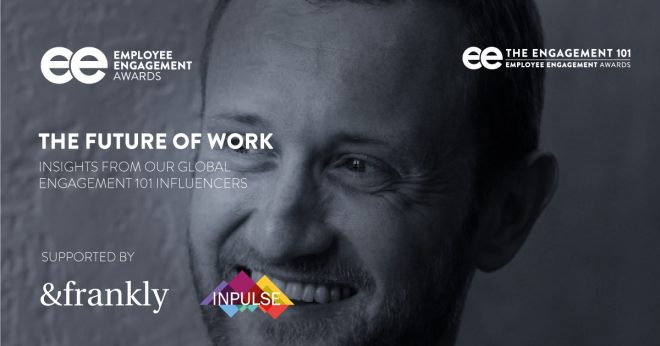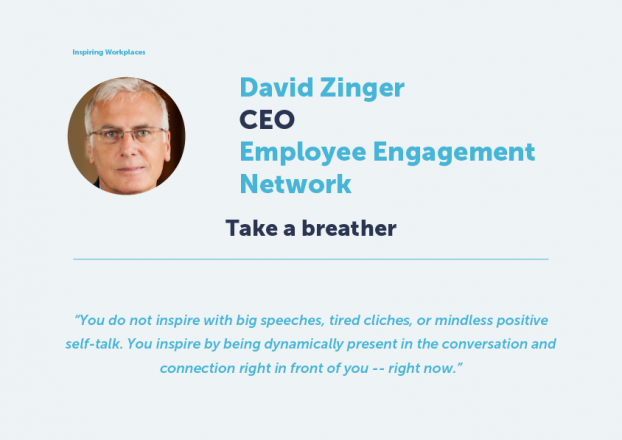For years, a hallmark of neighbourhoods like London’s Canary Wharf or Manhattan’s Financial District was workers wearing fleece vests emblazoned with their company logos. It wasn’t just a sign of a less formal dress codes in the corporate world – it was a badge of pride in the company one worked for.
Yet that kind of overt employee loyalty may be waning. In a changed work world, where technology is rapidly developing and workers’ priorities have shifted, experts say people are less likely to be company-first when thinking and talking about their careers.
Instead, people are touting their personal bona fides over the firms on their CVs.
Tim Oldman, Founder and CEO of Leesman, which measures employee workplace experience, has seen this in action while searching for new talent for his own company. This manifests often on LinkedIn, he adds, where many workers now choose to put their name and skills in their profile titles, pushing details of their current employers much lower down the page. This is in stark contrast to the traditional approach, where users head up their profiles with job title and company first.
This approach of advertising personal accomplishments over workplace identity makes sense in the current climate, where recruiters are homing in on specific skillsets in their searches and outreach, says Dana Minbaeva, a professor of human resource management at King’s College London. She attributes this, in part, to a wider shift towards a skills-based economy.
“We’re operating in an environment in which an individual’s skills and competencies are considered their most valuable assets,” she says. The most valuable workers in the labour market must have the ability to adapt their personal expertise to emerging technologies such as generative AI.
Increased globalisation along with rapidly developing technology is driving the shift to a skills-based job market, believes Aaron Taylor, head of school for human resource management at Arden University, UK. “Skillsets that are in demand are rapidly changing and employees want to keep them up to date for personal, professional or financial reasons,” he says.
In other words, employees are becoming more valuable for the skills they have, rather than the pedigree they carry. And as recruiters reach out, these workers know it.
The loyalty factor
As competencies become more important than firm prestige in the current labour market, many employees are increasingly less loyal to their employers. Rather than stay at a prestigious corporation due to its name, experts say workers may be more likely to move among companies, seeking opportunities where their skills can be nurtured and developed.
As a result of this shift in loyalty, Minbaeva says workers are psychologically disengaging from their once-steadfast allegiances to a single company.







